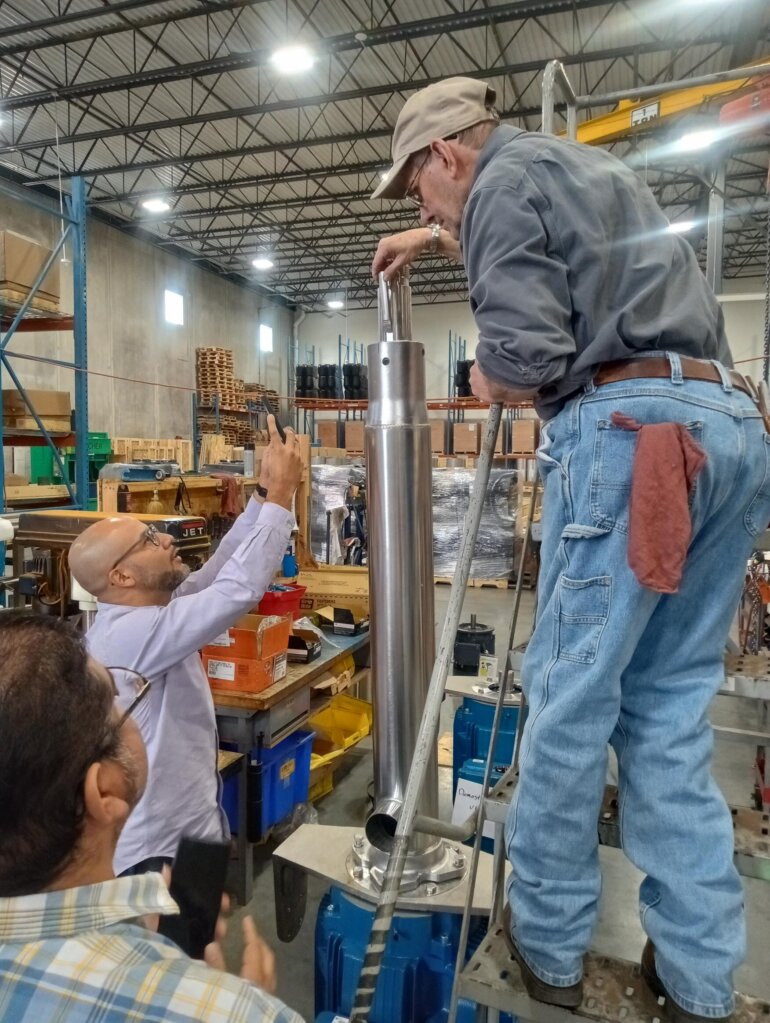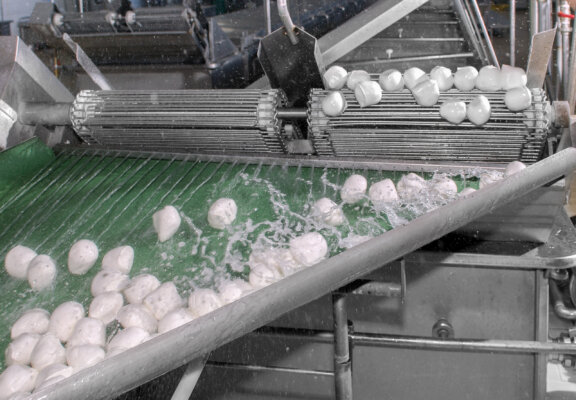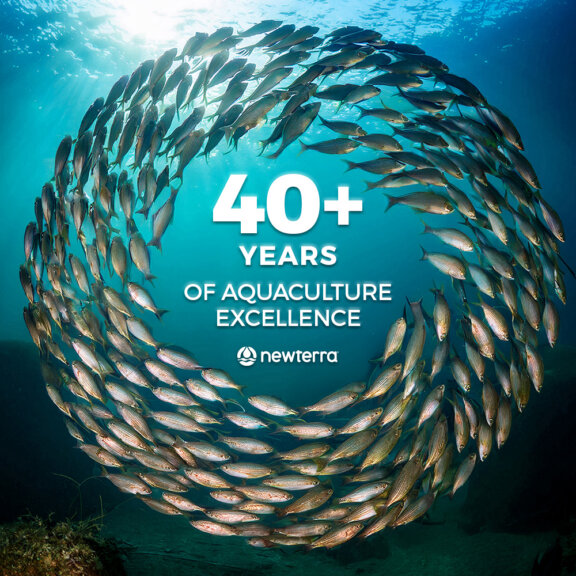Successful FAT and Cultural Visit

Aeration & Mixing Solutions
El Salvador Sugar Producer Approves Newterra Units After Successful FAT and Cultural Visit
On Wednesday and Thursday, April 23-24, 2025, a delegation from a prominent sugar producer based in El Salvador visited Newterra’s facility in Chaska, MN. The purpose of the visit was to witness the Factory Acceptance Test (FAT) and quality control procedures for wastewater treatment units designed for their lagoon-based wastewater treatment system. The units are engineered to ensure compliance with stringent discharge limits, surpassing local regulatory requirements. The visit also provided an opportunity for the client to experience local culture and engage in multicultural collaboration with Newterra’s diverse team.
The FAT was conducted to verify the performance, reliability, and compliance of the wastewater treatment units, specifically tailored for the client’s sugar production facility. The units, part of Newterra’s advanced lagoon solutions, incorporate aeration systems Aire-O2 Triton® Surface Aerators, to optimize biochemical oxygen demand (BOD), chemical oxygen demand (COD), and total suspended solids (TSS) treatment. Key aspects of the FAT included:
- Each unit underwent rigorous testing, operational efficiency, and compliance with Newterra’s internal quality standards. The client observed the pre-assembled Triton 2.0, which minimizes on-site installation time and ensures reliability.
- The team has the opportunity to assemble two (2) units step by step with Newterra’s professional team.
The client expressed satisfaction with the test results, noting the units’ robust design and alignment with their sustainability goals, including water reuse for non-potable applications such as dust suppression.
Technical discussions focused on integrating the units into the client’s existing lagoon system. Newterra’s engineers presented tailored solutions to address the high organic load from sugar processing, including enhanced aeration to prevent stratification and sediment accumulation. This collaborative approach underscored Newterra’s commitment to customizing solutions to meet site-specific needs.
Beyond the technical agenda, the visit fostered multicultural collaboration, reflecting Newterra’s diverse workforce. The client enjoyed local Minneapolis cuisine, including regional specialties at a downtown restaurant, and participated in a cultural tour of the city, visiting landmarks. These activities facilitated informal discussions on sustainable practices in the food and beverage industry, aligning with Newterra’s mission of environmental stewardship. The client appreciated the opportunity to connect with Newterra’s team, which includes professionals from various cultural backgrounds, enhancing mutual understanding and strengthening the partnership.
The visit was a success, with the El Salvador sugar producer confirming the wastewater treatment units’ readiness for deployment. The FAT validated the systems’ ability to achieve superior effluent quality, ensuring compliance with and exceeding local discharge regulations. The cultural and collaborative experiences further solidified the client’s trust in Newterra as a partner in sustainable water management. Follow-up actions include finalizing system delivery schedules and coordinating on-site installation to meet the client’s operational timeline.


